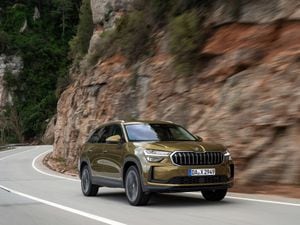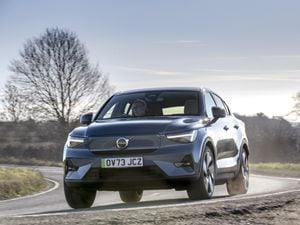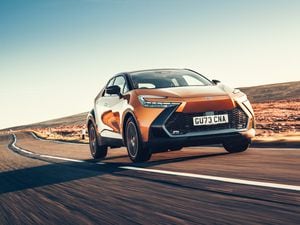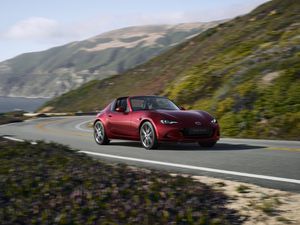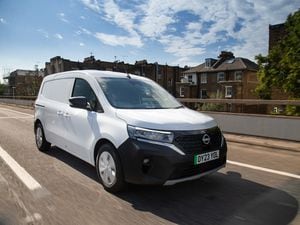First Drive: Nissan Leaf 30kWh
With a more capacious battery option Nissan has added greater range to its all-electric Leaf. Does that make it a more viable alternative?
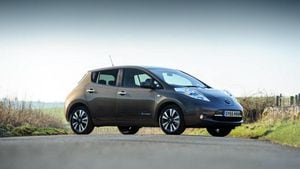
What is it?
The Leaf is Nissan’s entrant into the growing electric vehicle (EV) segment, and is one of the most popular vehicles of its kind currently on sale today. With families as its target market, the Leaf features a practical five-seat layout, as well as an even great 155-mile range thanks to its new 30kWh battery. While the Leaf certainly is a capable EV, it pays to bear in mind that there is a completely new model due to be launched next year.
What’s new?
Nissan put itself at the forefront of the pure electric market when it released the original Leaf in 2010. Since then the electric car bubble has changed beyond all recognition, boosted by plug-in hybrids and pure electric competition. Now there’s a mildly updated Leaf available with one big change; a larger battery.
Available as an option on the higher-spec Acenta and Tekna models, the 30kWh battery gives a claimed maximum range of 155 miles compared to 120 for the standard 24kWh model. Additionally, the Nissan Connect EV system has been updated with more features and a more sophisticated touchscreen.
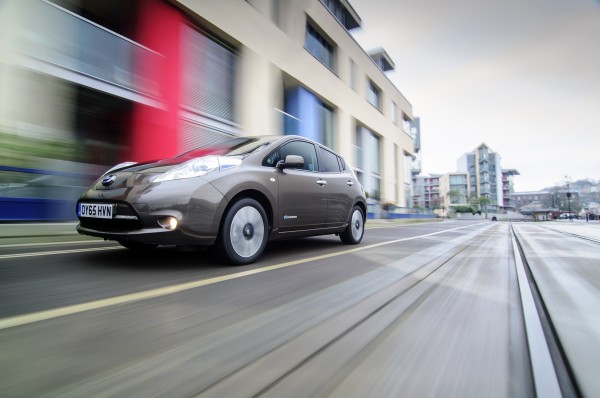
What’s under the bonnet?
The Nissan Leaf 30kWh makes use of a 108bhp electric motor, which is now powered by that larger 30kWh battery. As far as performance is concerned, a torque figure of 254Nm helps the Leaf complete the sprint from 0-60mph in 11.3 seconds and reach a top speed of 89mph.
With its new, larger, 30kWh battery, Nissan now claims the Leaf can travel as far as 155 miles on a single charge. As with all pure EVs, there are also no tail pipe emissions, meaning you won’t be liable to pay any vehicle excise duty.
What’s it like to drive?
Despite the larger battery capacity (achieved by improvements to the cell arrangement and the electrode composition) performance is unchanged. That means you get to enjoy the same brisk low-speed acceleration and blissful near-silence as the 24kWh version, with no gearing to worry about and just the modulation of the accelerator to achieve the desired performance.
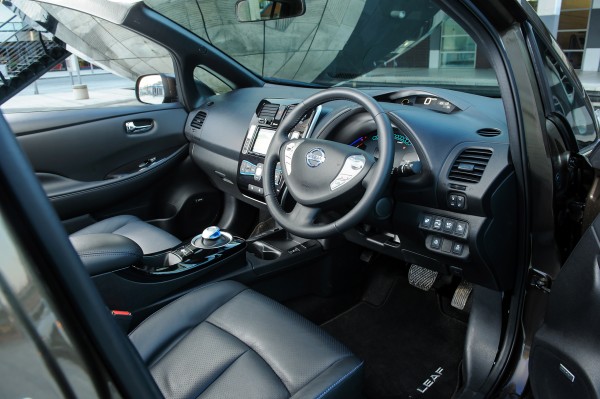
The Leaf cruises happily at motorway speeds although you tend to be more mindful of how an extra few miles per hour will dent your overall range, but the additional potential of the bigger battery makes this much less of an issue in the first place.
The rest of the driving experience fits with the low-fuss approach of the whole car. The low noise levels are welcome while the ride is designed to filter out the worst road imperfections. Ultimate handling is safe rather than scintillating – just as it should be in a car with this purpose.
How does it look?
Befitting its alternative approach to propulsion the Leaf retains its unusual exterior appearance. Far less threatening than most compact hatchbacks, the Leaf has soft curves and a friendly face. It’s highly unlikely to cause offence but isn’t so radical that it will put buyers off. You can forget any sporting pretensions of course, but for a car where minimal environmental impact is the reason to be this makes perfect sense. The unusual looks make it instantly recognisable too, so everyone will know how saintly you are.
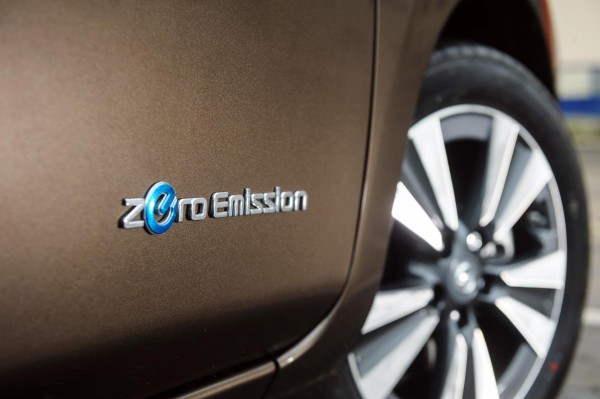
What’s it like inside?
On the inside the Leaf does exactly what you’d expect from a car sitting within this segment. From the driver’s seat you have an excellent view out with the low-set dashboard and generous glazed area. The space on offer is perfectly respectable, swallowing taller adults front or rear without fuss, while the boot gives 370 litres of usable space. The lack of a combustion engine doesn’t net you any additional space but there’s sufficient oddment space in the cabin too.
What’s the spec like?
Stepping up the 30kWh Leaf is an additional £1,600 regardless of trim level, and on either battery pack you can add a solar cell, more powerful 6kWh charger or both. In Acenta trim level, the Leaf 30kWh will set you back £25,790 – which includes the government’s £4,500 EV grant. Its pricing puts it at the higher end of the compact hatch sector but the standard equipment is generous with the comprehensive navigation system that helps you plan your journey around charging points, remote connectivity and control via your smart phone and even an extended warranty for the battery up to eight years or 100,000 miles.
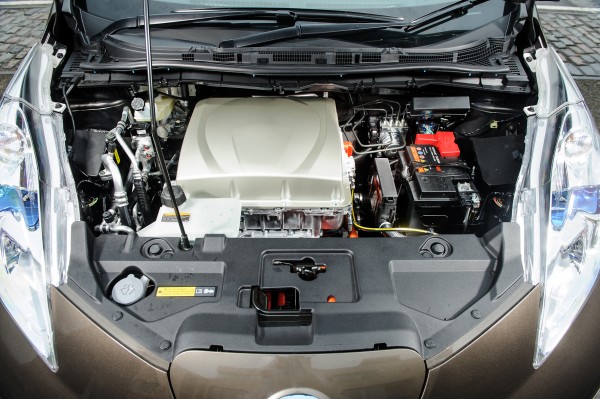
Verdict
Even with the extended range the Leaf is a car that needs to fit around you, although the UK charging network is improving all the time. As a family car it’s simply ideal and its zero emissions make it perfect for the city, too. Longer journeys are perfectly possible if you think ahead a little – it’s worth thinking about how often you need to cover more than 130 miles at short notice.
FACTS AT A GLANCE
Model: Nissan Leaf 30kWh Acenta
Price: £25,790
Engine: Electric motor
Power (bhp): 108
Torque (Nm): 254
Max speed (mph): 89
0-60mph: 11.3
Charging time (domestic): 12-15 hours
Charging time (fast charger): 30 minutes to 80% charge
Range: 155
MPG (combined): N/A
Emissions (g/km): 0

